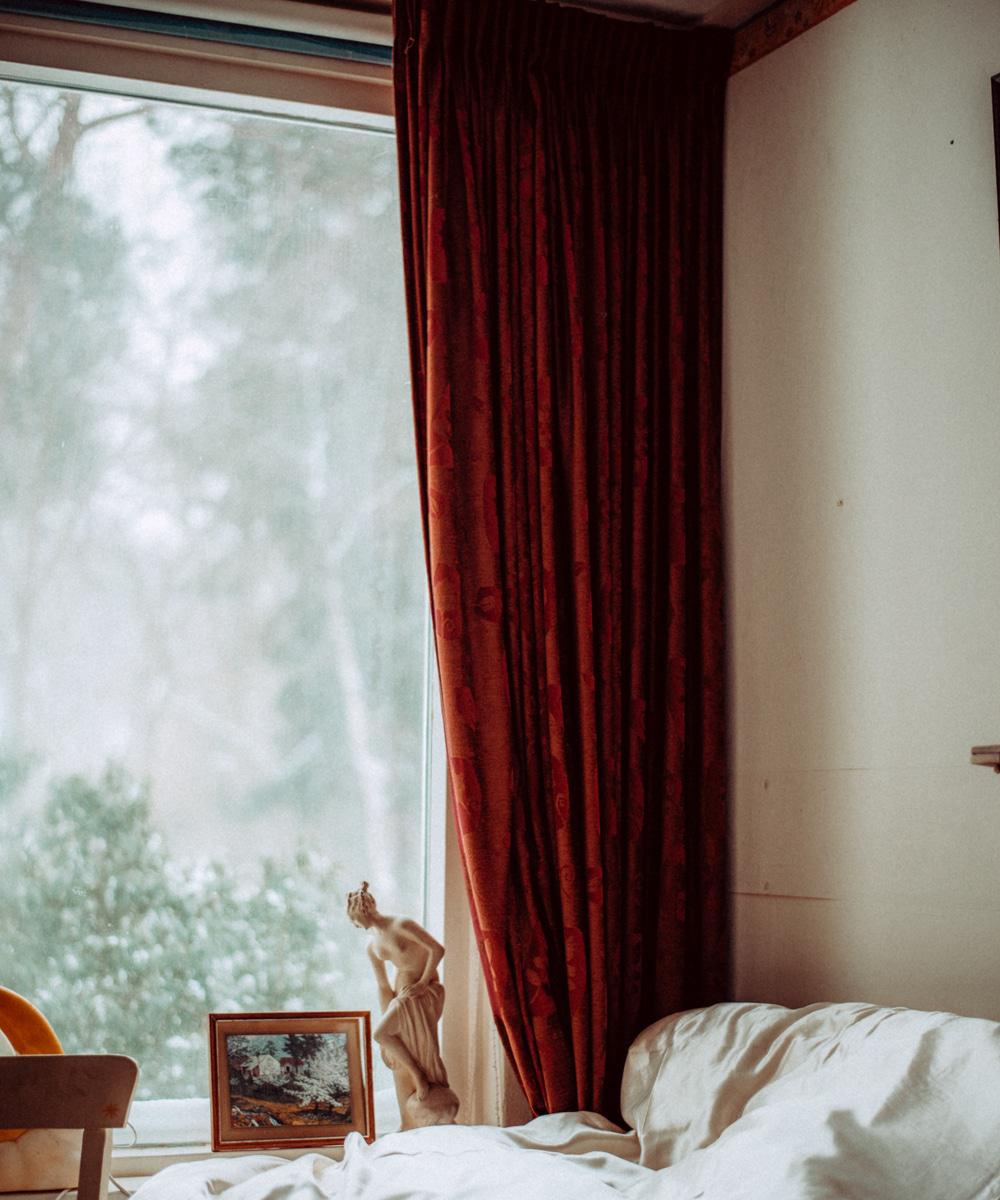What is your specialty, what makes your work unique? Or place your artist's statement.
When I was sixteen I started to work as a cashier at my local supermarket. It was a full-time job because I wanted to save up to go back to school again. Although my routine was the best I’d ever had, the job could get really repetitive and boring. And so I started to appreciate small-talk with customers. Here my fascination for other people’s lives started.
What I find fascinating in life, but certainly also in photography, is the way something can feel familiar very quickly. The reason why I photograph people is usually because I’m curious about their life and their routines. When I approach them with an open attitude, people let me in and make their life familiar to me. Discovering interesting things about people’s lives brings me joy. I like to compare their routines to mine and learn from them.
The feeling of familiarity is something I want to communicate to the people who are looking at my images. A stranger can be someone you’d walk past without thinking twice. The small things in someone’s routine often say a lot about who they are, small details like putting slippers on right when they step out of bed, the pictures in their picture frames, the amount of spread they put on their bread and so on. This kind of simplicity I don’t want to leave unnoticed. To me the most important part of getting this close to someone you don’t know is communication and being non-judgmental. This is why trust and boundaries are a big part of my process in photography.
What are your ambitions? What do you want to be in five years?
In five years I hope to have published a book. I would love to dive deeper into my project ''GIRLS'' and ''A Paper Room'' and spend more time on finishing these projects as a whole.
I also plan on having a little studio area with my collective (Charites Collective) where we can work on projects together.
What is the most important thing you have learned during your studies?
I've learned to stay true to myself regarding my photographic work. I also learned that the more research you do on your subject, the better your project will turn out. You really have to know what you're trying to communicate and research all the ins and outs before you can tell the story you want to tell. This also brings more confidence and makes you able to explain your work to others.


 Amy van Maanen
Amy van Maanen